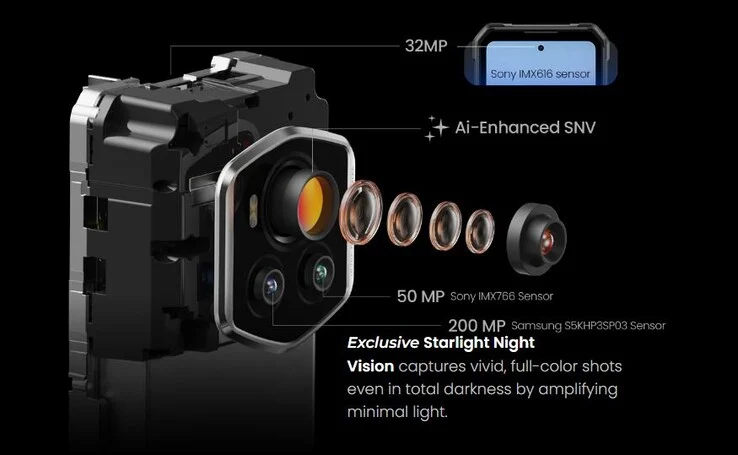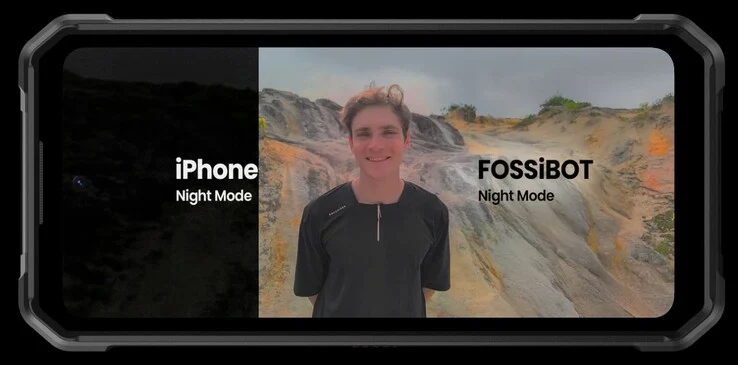Key Takeaways
1. The Xiaomi Xring O1 competes closely with Qualcomm’s Snapdragon 8 Elite in performance tests, highlighting its strong capabilities.
2. The chip features a compact die area of 114.7 mm², similar to the Apple A18 Pro, thanks to advanced TSMC technology.
3. It has a powerful 10-core CPU configuration, including two Cortex-X925 cores and a dedicated 16 MB L3 cache.
4. The GPU is an Arm Immortalis-G925 MP16, and the chip uses LPDDR5T-9600 memory modules, resembling designs from Qualcomm and MediaTek.
5. The 5G modem is an external component sourced from MediaTek, contributing to the chip’s compact design.
The Xiaomi Xring O1 has made a noticeable impact by competing closely with Qualcomm’s Snapdragon 8 Elite in Geekbench tests. This is impressive, especially considering that even well-known brands like Samsung struggle with this challenge, likely due to Samsung Foundry’s reliance on TSMC’s technology. Recently, Geekerwan and Kurnalsalts have provided a detailed analysis of Xiaomi’s latest chip.
Compact Design
The die area of the Xiaomi Xring O1 measures a mere 114.7 mm², with 109.5 mm² of that being utilized. This size is comparable to the Apple A18 Pro, which was made possible through its production on TSMC’s N3E node, the same technology used by Apple, Qualcomm, and MediaTek for their Dimensity 9400.
High-Performance Components
Most of the die’s area is occupied by a powerful 10-core CPU, which includes two Cortex-X925 cores, four Cortex-A725 cores, and two Cortex-A520 cores. Additionally, there’s a dedicated 16 MB L3 cache for the CPU, along with several other caches for the other cores. Adjacent to the CPU, the chip features a 6-core NPU with a 16 MB cache. Xiaomi hasn’t clarified whether this NPU is developed in-house or obtained from another company.
GPU and Connectivity
The GPU utilized in the Xring O1 is the Arm Immortalis-G925 MP16, while the ISP seems to be an internal design by Xiaomi. Furthermore, the Xring O1 is equipped with LPDDR5T-9600 memory modules. In terms of design, it shares similarities with competitors from Qualcomm and MediaTek. However, a notable absence is the 5G modem, which is believed to be an external component sourced from MediaTek. This modem is not integrated into the die, likely explaining the chip’s compact size.
Source:
Link













